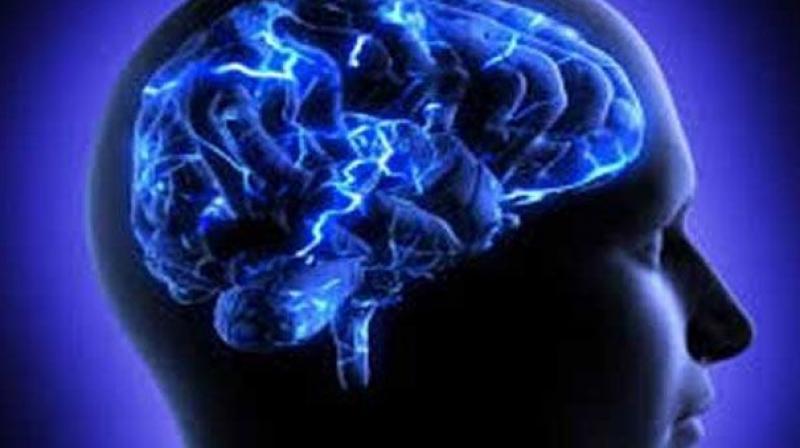Brain's positioning system also helps form new memories: study
The research addresses a longstanding mystery in neuroscience.

Washington: The brain's region that creates mental maps of one's environment plays a much broader role in memory and learning than was previously thought, a new study has found.
"Almost 40 years of research suggested that a certain region of the brain was devoted to spatial navigation," said David Tank, Professor at Princeton University in the US. "We found that this same region is also involved when navigating not only spatial environments but also cognitive ones," said Tank.
The study looked at a region of the brain called the hippocampus that has been known since the 1970s to become active when rats travel around their environments. That research, and related work showing that cells in the nearby entorhinal cortex fire when animals reach specific locations, led to the finding that the brain creates an internal representation of the outside world - a sort of
mental positioning system - that tells an animal where it is in its environment.
Scientists have found that the same brain regions are active when the brain is exploring a very different kind of environment, one involving listening to sounds.
The researchers monitored neural activity as the rats listened and responded to certain sounds, and found similar firing patterns to those seen when rats are exploring their environments.
The research addresses a longstanding mystery in neuroscience, how the hippocampus could be associated both with making maps of the external environment and with making new memories. In previous studies where scientists monitored the electrical activity of cells in the hippocampus, they found
that the cells fired in sequences that represented where the animal was, which direction its head was facing, which direction it was travelling and where it was relative to a boundary, said Dmitriy Aronov, who conducted the study as a postdoctoral researcher at the Princeton.
"The mystery was, what do these firing patterns have to do with memory?" said Aronov, now an assistant professor at Columbia University in the US. The researchers theorised that perhaps the hippocampus and the nearby entorhinal cortex, which work together to make these mental maps, were in fact not specific to mapping per se but were involved in more general cognitive tasks, and that
mapping was just one aspect of larger cognitive tasks involving learning and memory.
Perhaps the reason previous studies only turned up the location-finding tasks is because rats spend most of their time exploring their environments as they forage for food. By giving the rats a different task, such as exploring sounds, the researchers might see evidence of cognitive activities in the hippocampal-entorhinal circuit. The findings suggest that there are common mechanisms in
the hippocampal-entorhinal system that can represent diverse sorts of tasks, said Tank. The research was published in the journal Nature.

